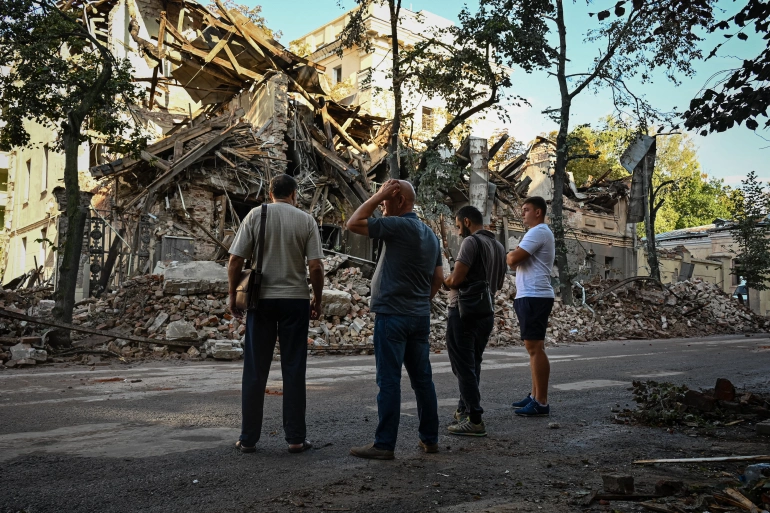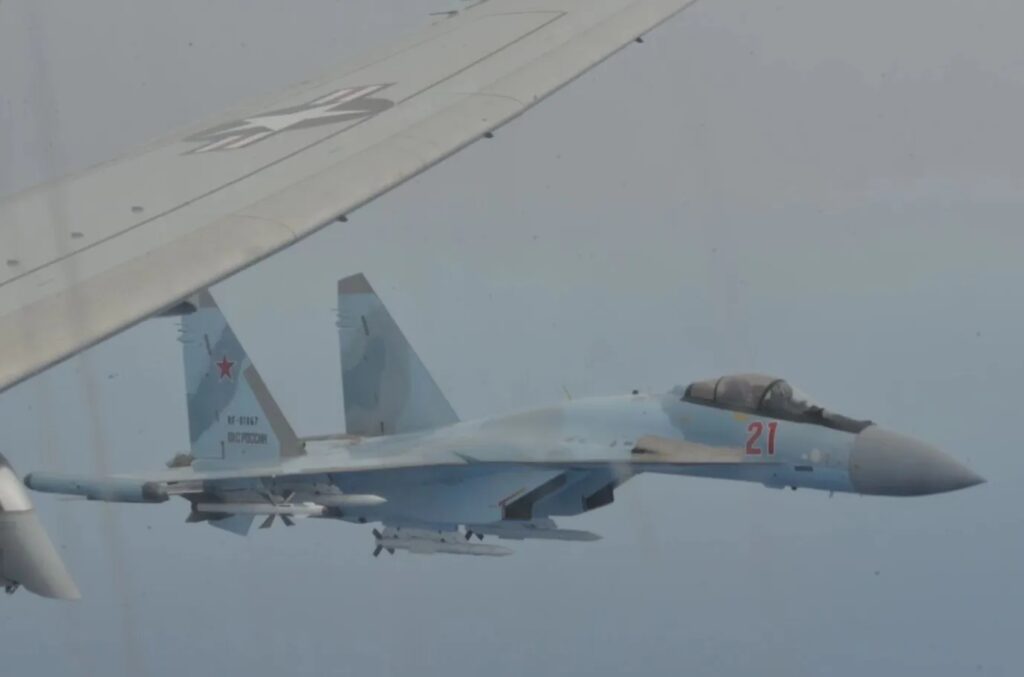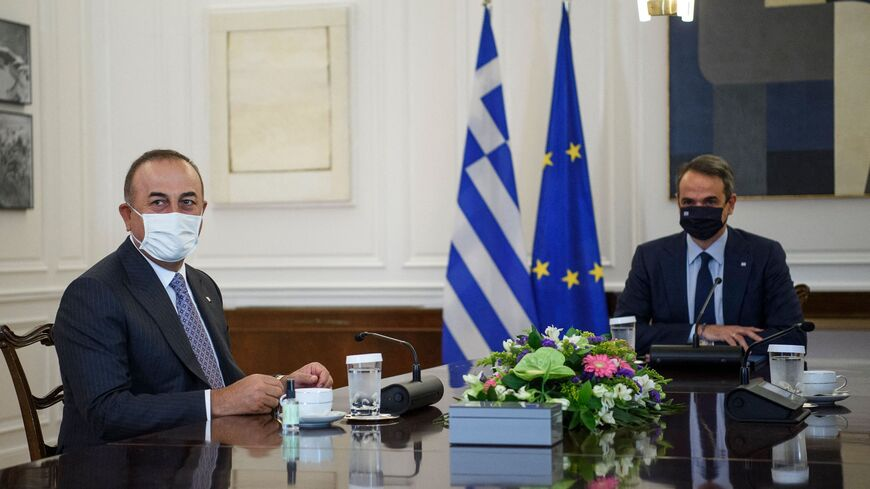Ukraine’s Azov Battalion: Neo-Nazis or Russian Propaganda?
The infamous Ukrainian right-wing extremist Azov Battalion – Полк Азов – was founded on the 5th of May 2014, in the port city of Berdyansk, in the Zaporizhzhia Oblast province in South-eastern Ukraine near the Sea of Azov. Hence, its name. Initially was set up as a voluntary militia in the turmoil of the Euromaidan protests and the subsequent political instability of the country, Asov rose to prominence. Asov-men operated against the illegal armed intrusion by Russia into Donbass and Crimea. The co-founder and the first leader of the Azov Battalion is Ukrainian Andriy Biletsky.









